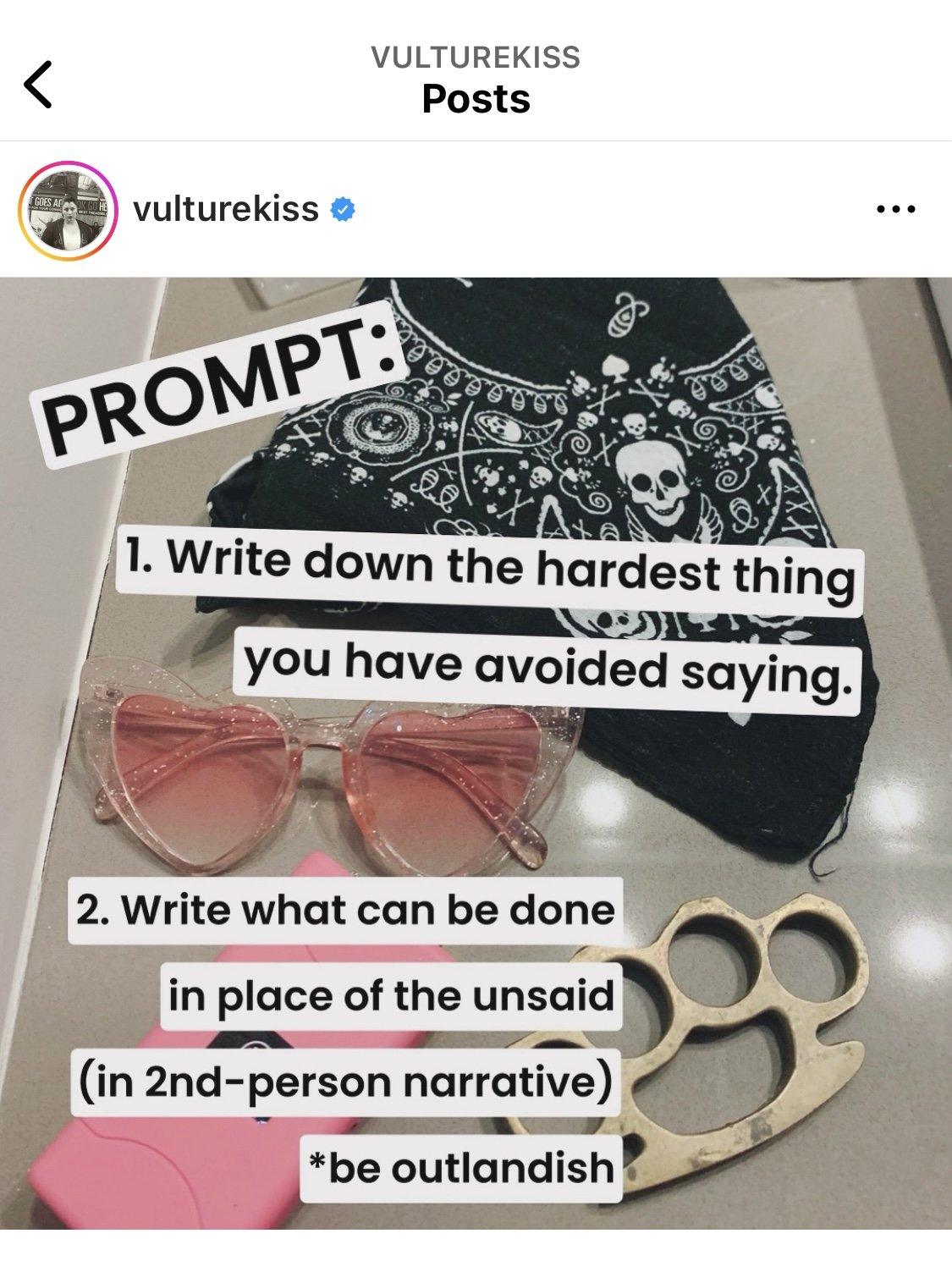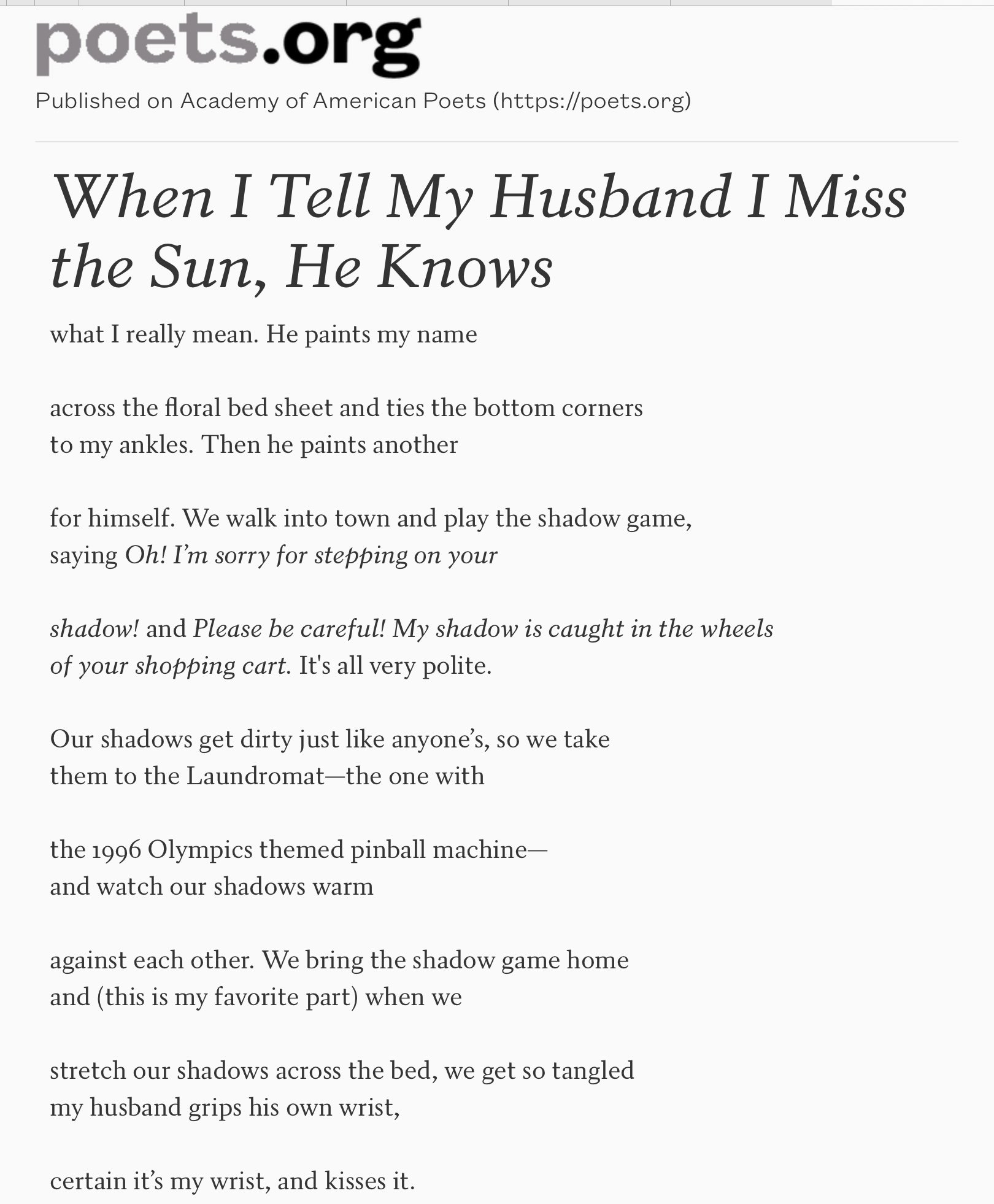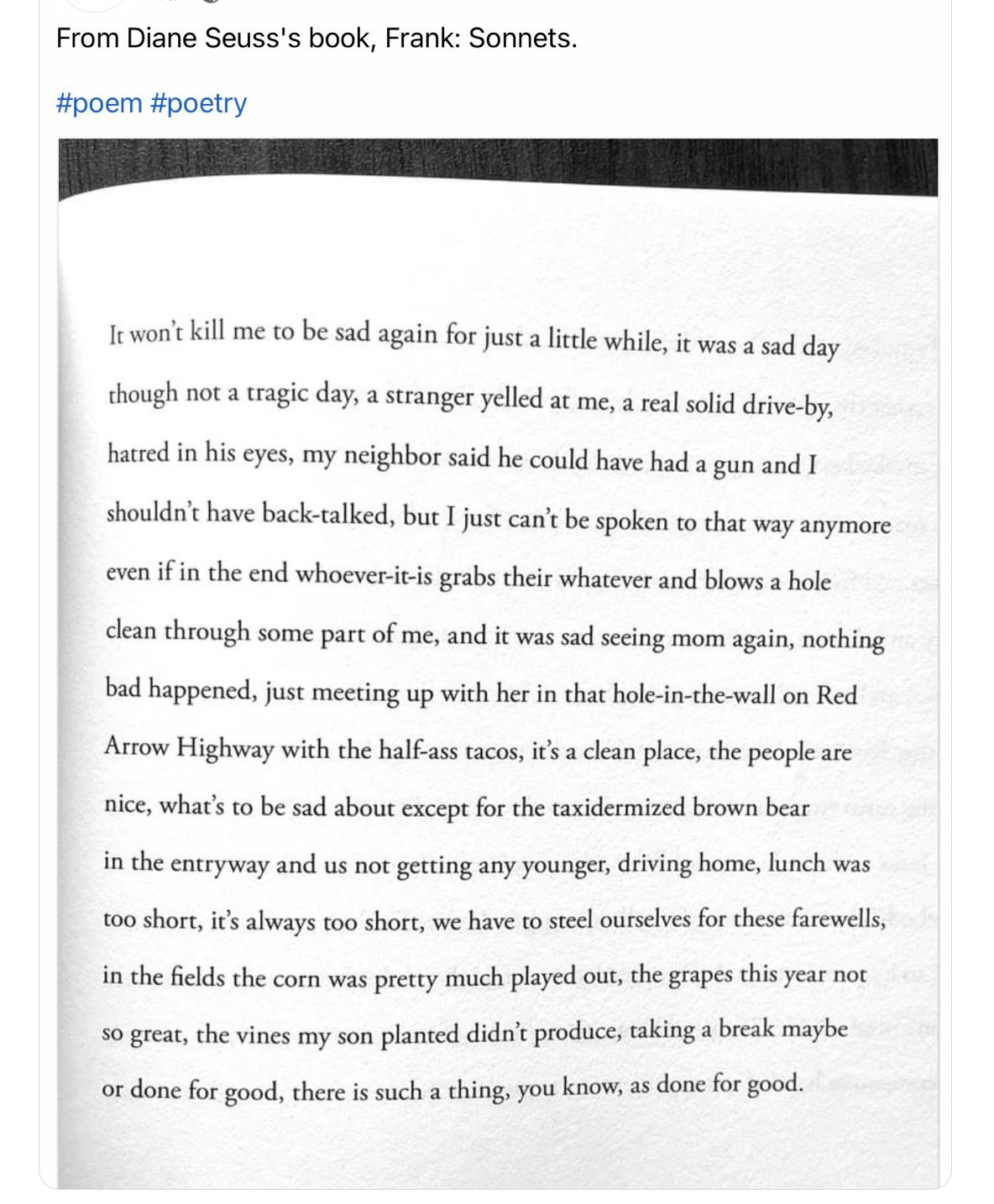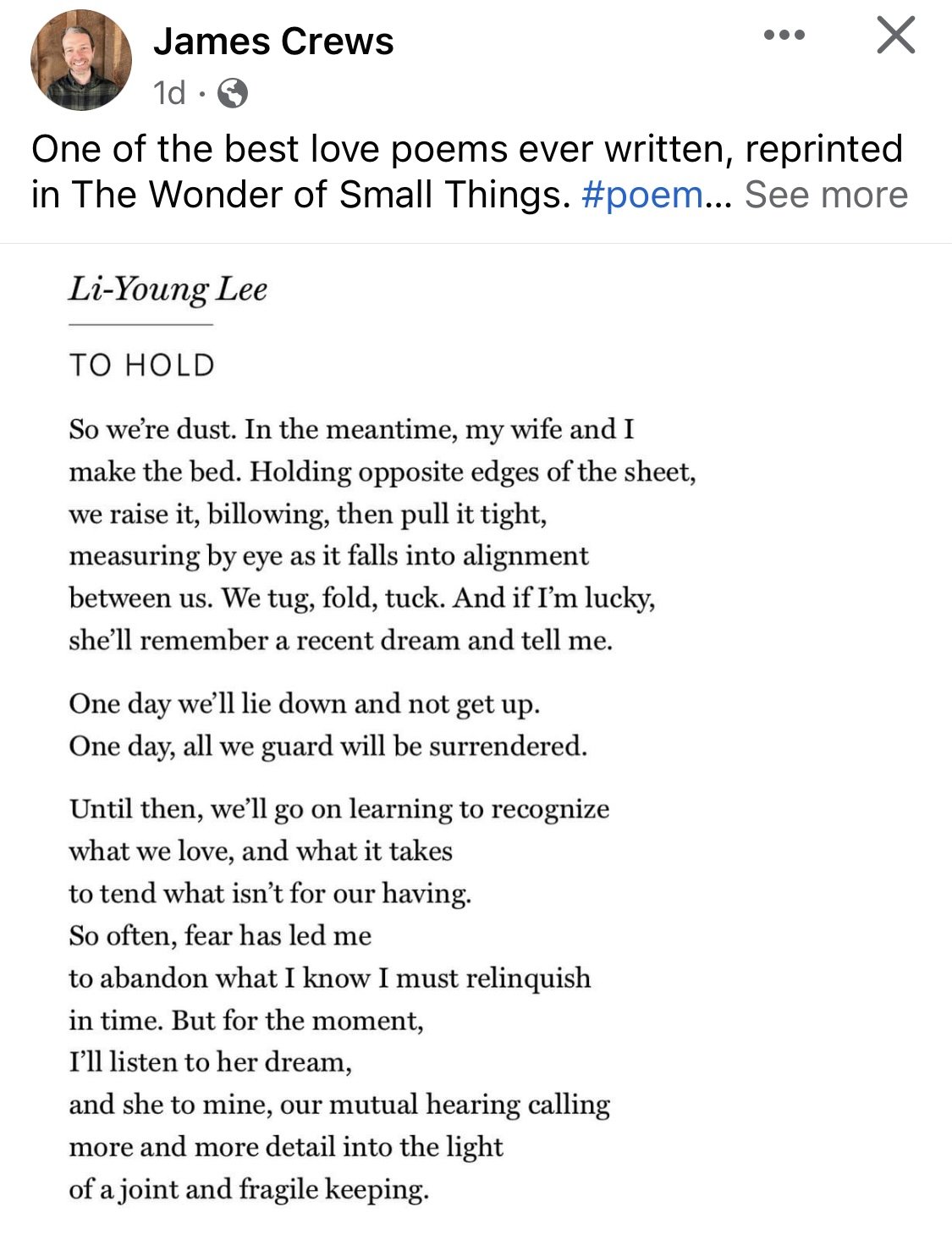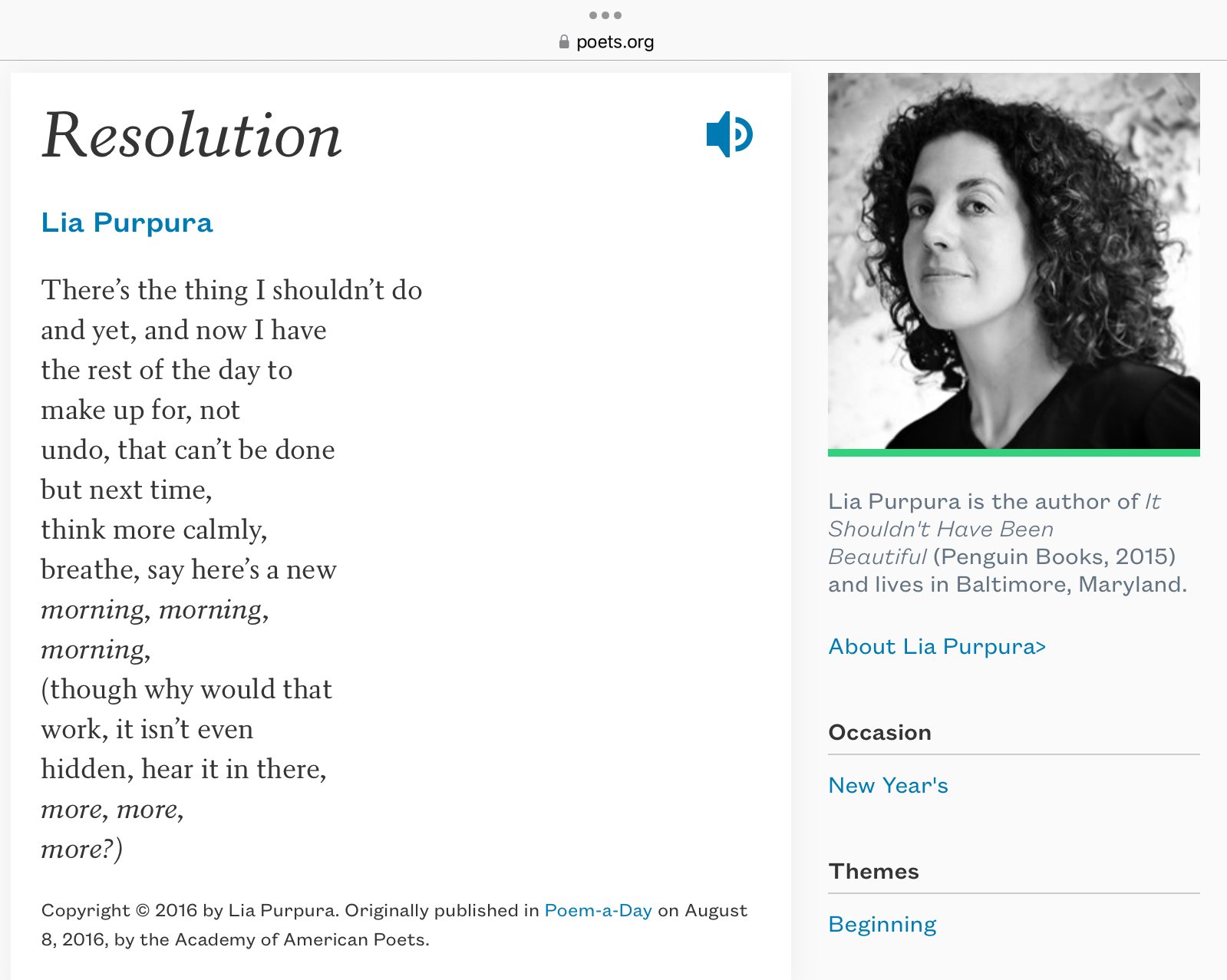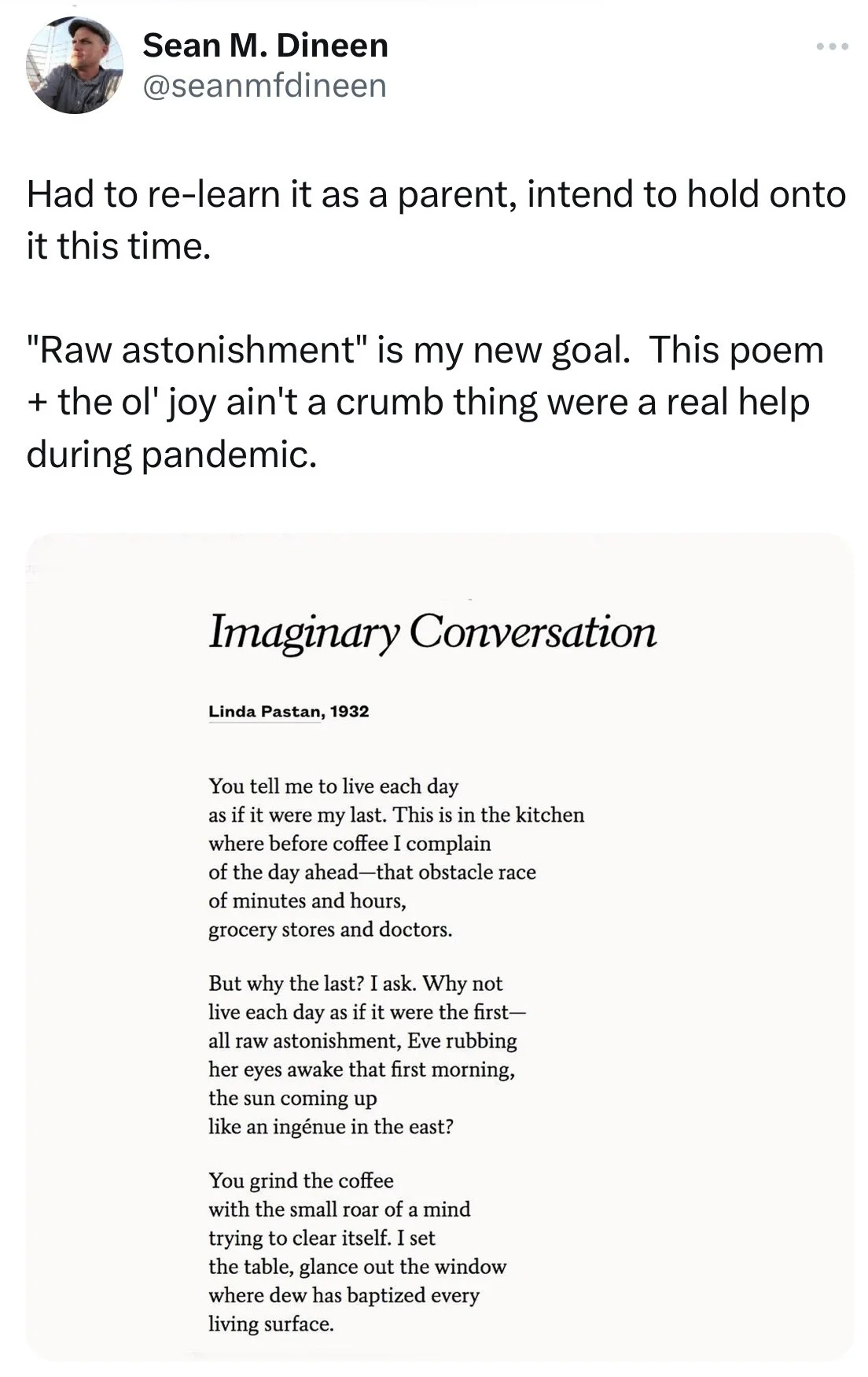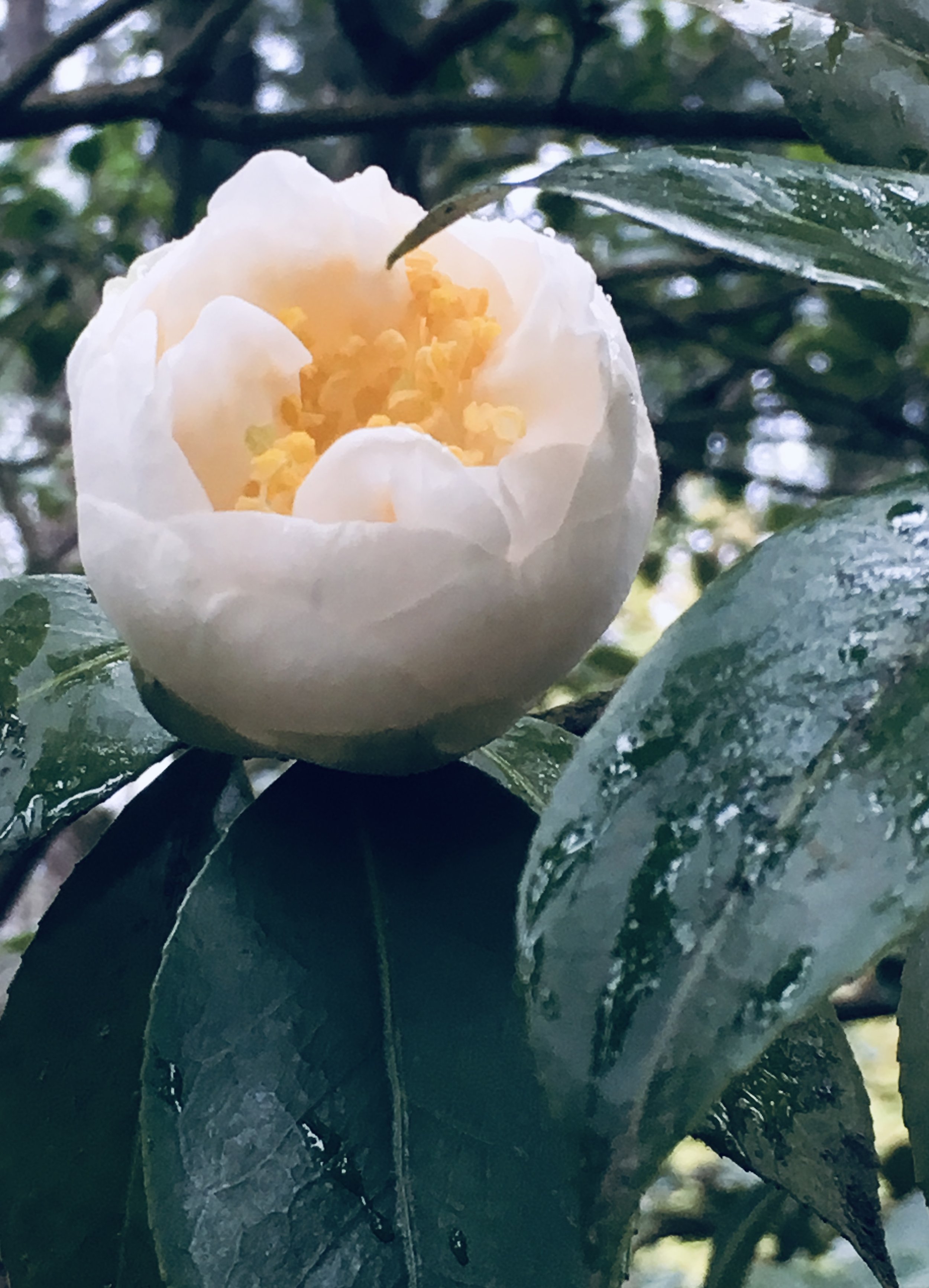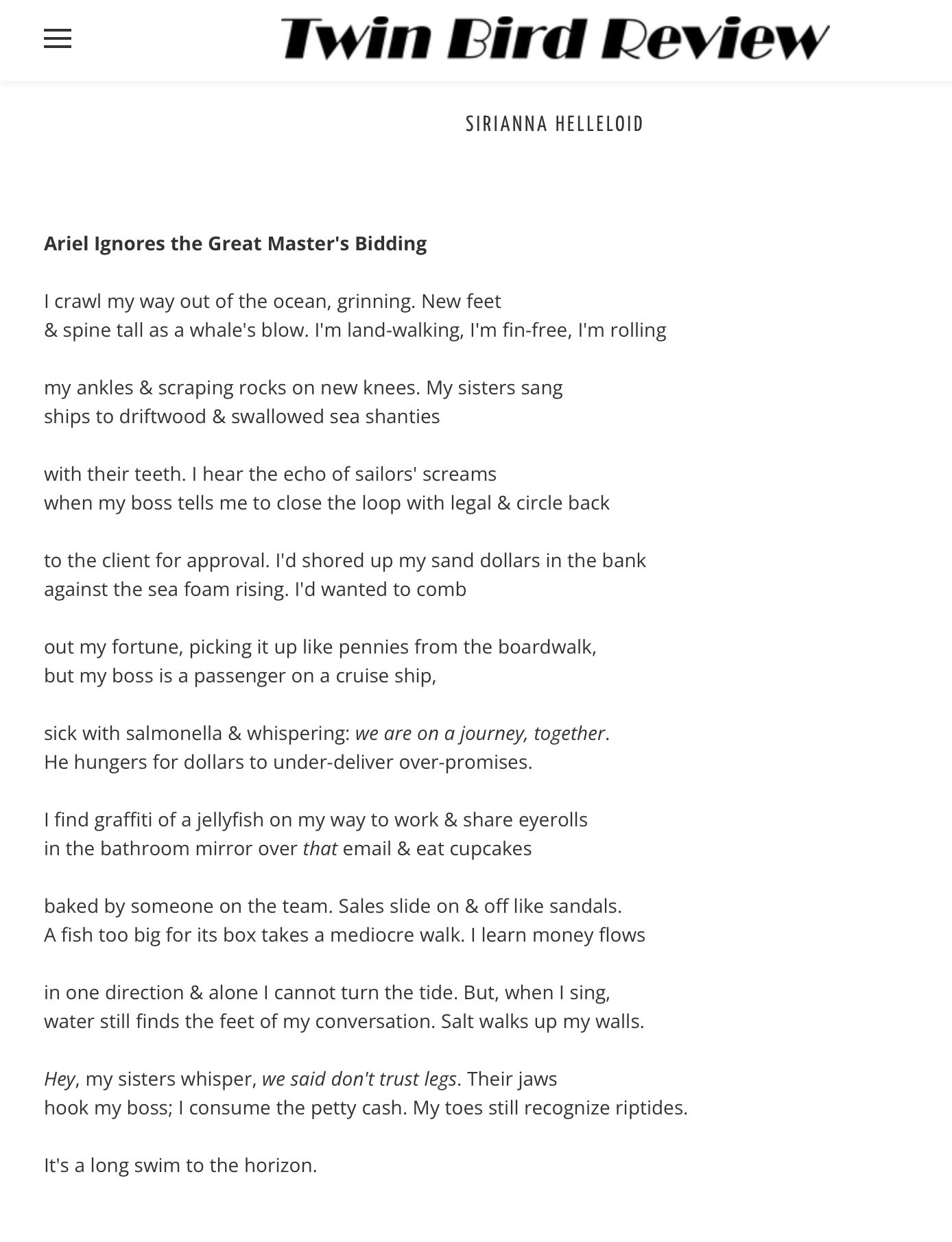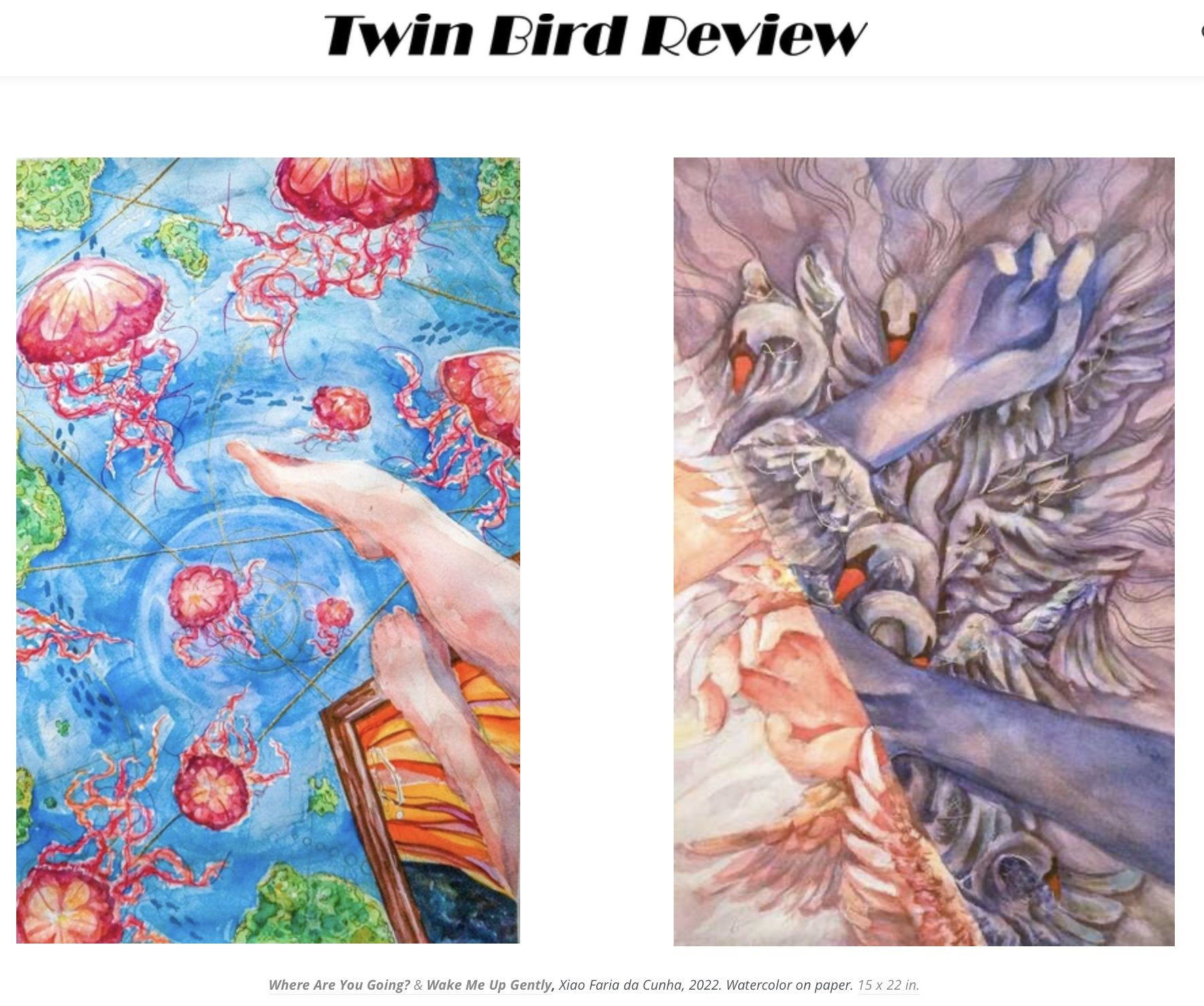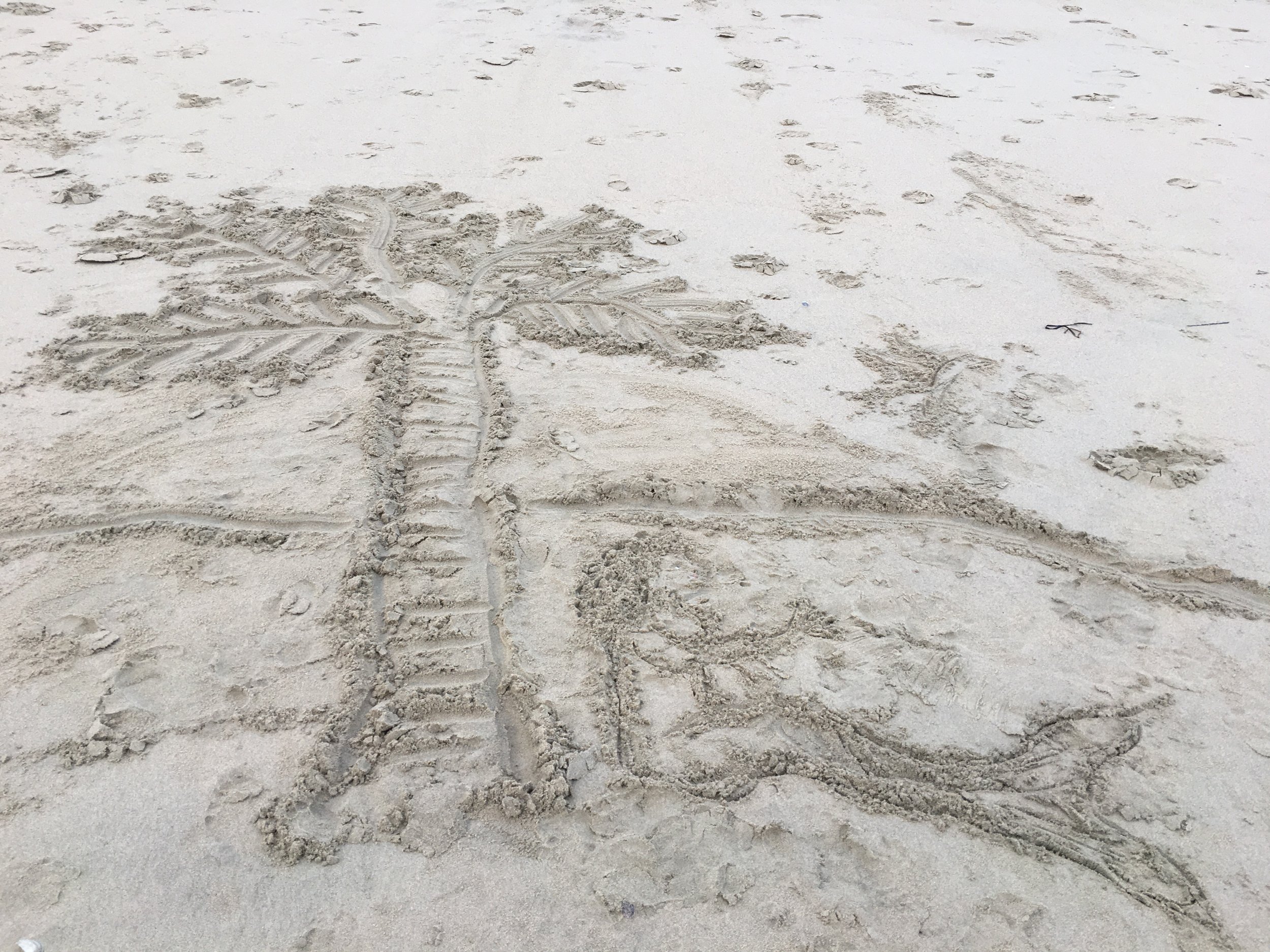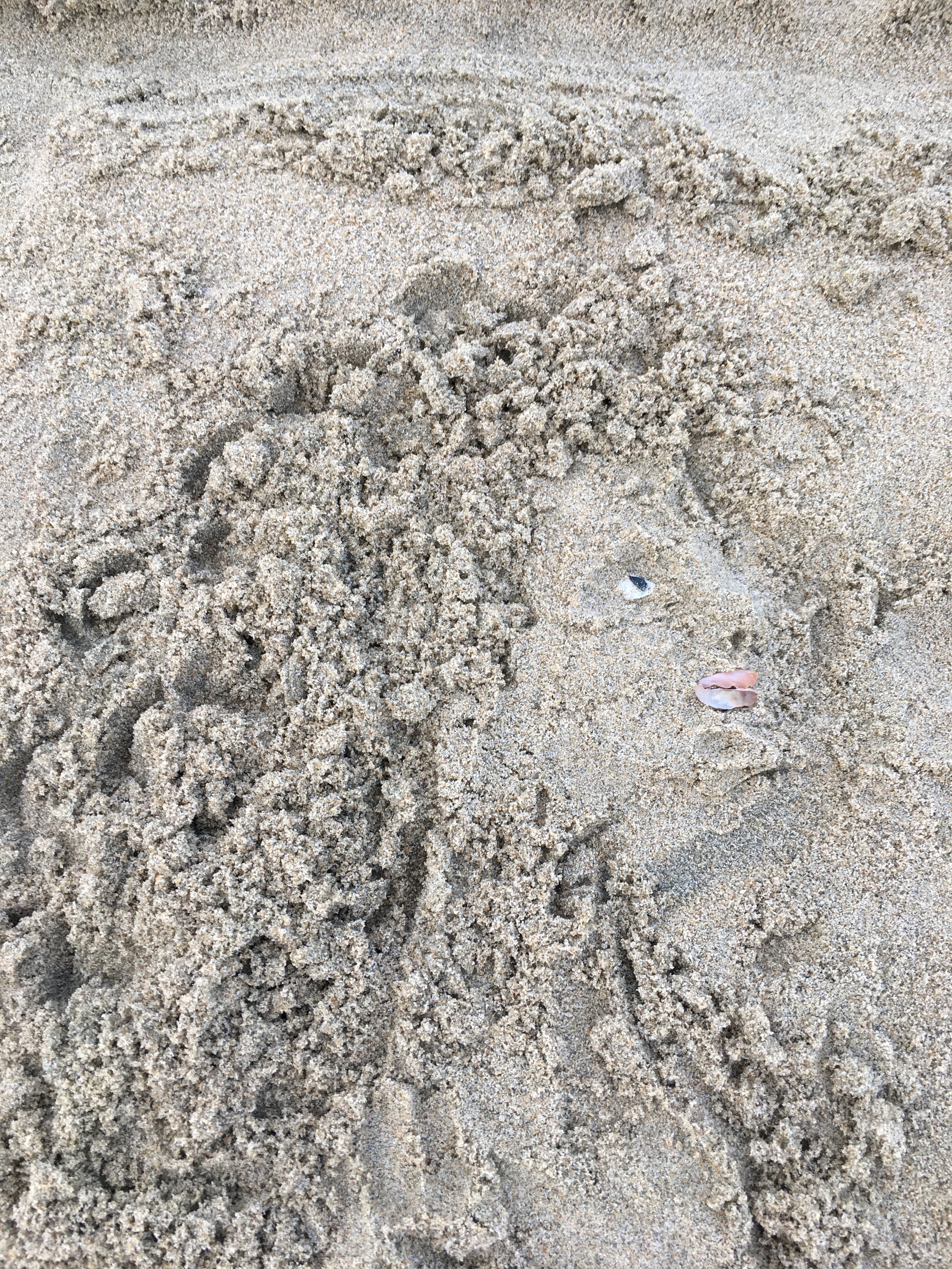I was excited to learn that Rachel McKibbens is writing daily prompts for this April. I loved the previous prompts she has posted on her blog, http://rachelmckibbens.blogspot.com/. In fact her prompt 104# on the site is a great one if you are stuck.
I wanted to share this poem, which I love. Here is the link if you wish to listen to her read it: https://poets.org/poem/remember-boys. Her books—blud, Into the Dark & Emptying Field and Pink Elephant—are ones that I turn to again and again.
For the first prompt, write a poem or story about the group you wanted to join and why.
The second prompt is a to use the lines “How different would I be, / how much bigger, if I had been _____ as the start of your poem or story. As with all ghostlines, remember to erase the lines and credit the poet for your inspiration.
A third prompt is to use the following words from the “Remember the Boys” to write your own poem or story: “nest,” “hum,” “sting,” “knives,’ “crawl,” “storm,” “gospel,” “flinch,” “room” and “terror.”
Below is a prompt on Instagram from the poet. Be sure to follow her for more prompts.
Bonus prompt: write an ekphrastic poem or story from the photo below.
Good luck writing this month! Have fun!


